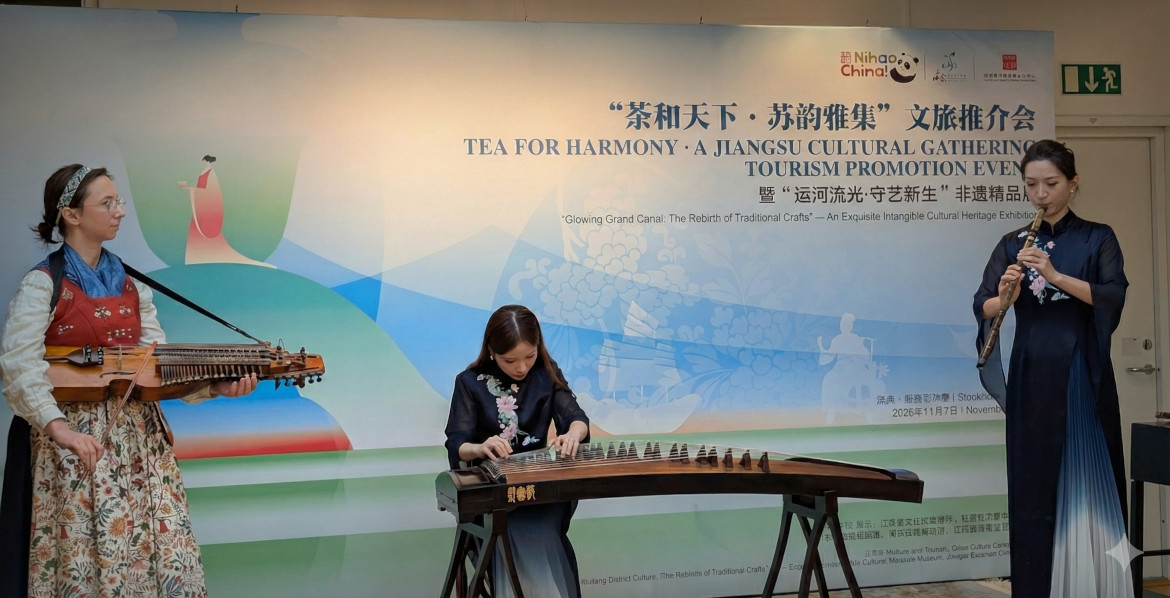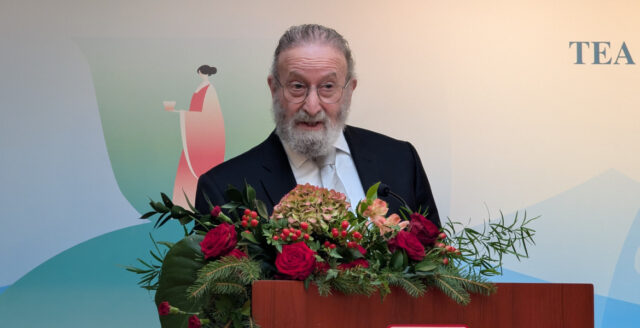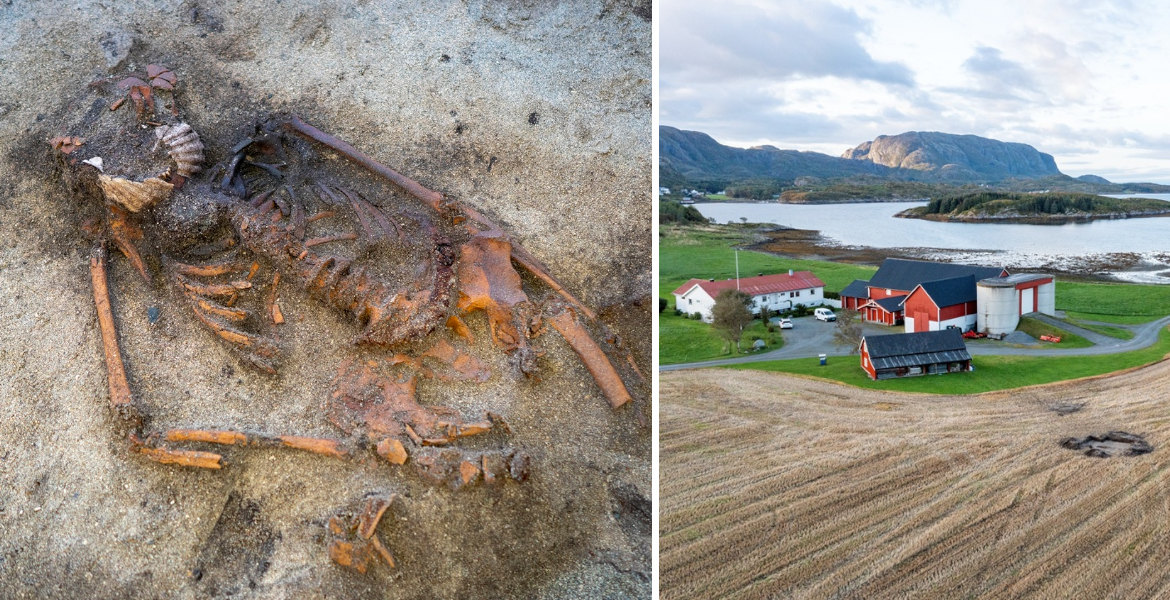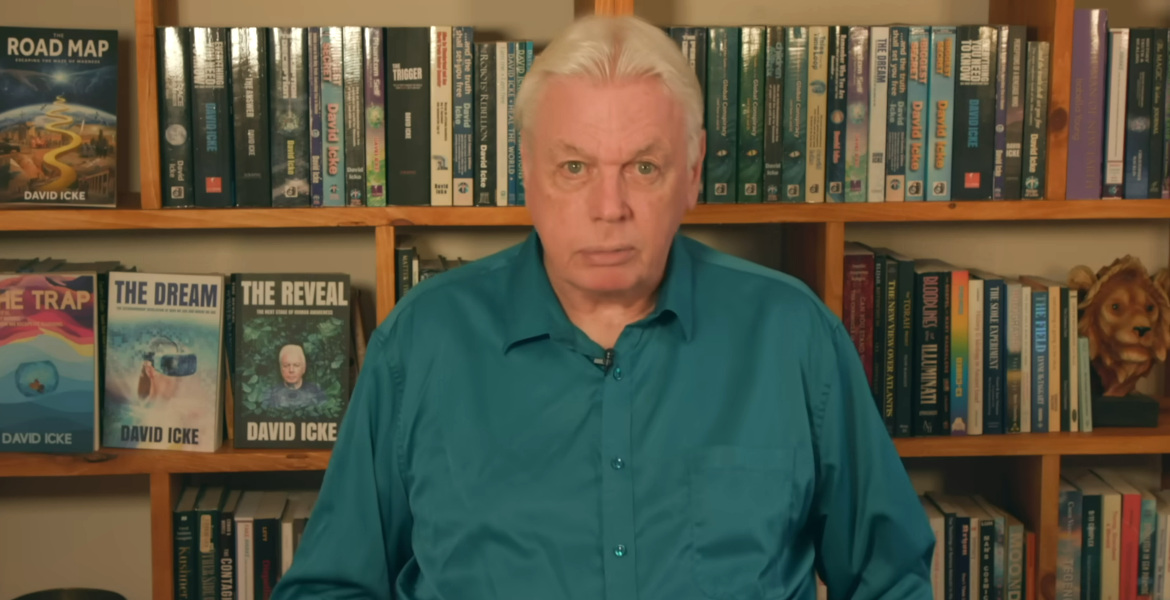Karl XII, one of Sweden's most legendary kings, whose reign was marked by military triumphs and a dramatic, mysterious death, continues to fascinate both historians and the Swedish public. His short but eventful life is a tale of courage, sacrifice, and a tragic final act.
This article was originally published on The Nordic Times on December 2, 2023.
Born in 1682, Karl XII ascended to the throne at the age of fifteen following the death of his father, Karl XI. He was the last monarch of the Swedish Empire, an era built up by his predecessors, and a king of his time, deeply influenced by military culture and a profound sense of duty to his kingdom.
His reign quickly became dominated by the Great Northern War, where his leadership and military prowess were put to the test. His most famous triumph was the Battle of Narva in 1700, where a smaller Swedish force defeated a Russian army more than three times its size. This victory, achieved through what is often described as tactical brilliance and personal courage, cemented Karl XII's reputation as one of history's great military leaders.
In the following years, Karl XII continued to lead his country in war against several European powers. He was a combative monarch, personally leading his troops in the field and often participating in battles. His tactics and courage on the battlefield made him a feared opponent and a symbol of Swedish strength and resilience.

The Battle of Poltava in 1709 marked a fateful turning point well-known to most Swedes. The Swedish army suffered a crushing defeat against the Russians under Peter the Great. This setback was followed by a period of difficulties and defeats. Karl XII spent several years in exile in the Ottoman Empire, a time when his kingdom simultaneously struggled to maintain its position as a European superpower.
Mysterious death
The death of Karl XII on November 30, 1718, during the siege of Fredriksten fortress in Norway remains one of the greatest mysteries in Swedish history. The details surrounding his death are still disputed and have given rise to many theories. According to some reports, he was hit by a bullet in the temple while observing enemy positions, leading to immediate death. There has also been speculation about whether the king died in an accident, an assassination, or perhaps even a murder organized by his own in some form of conspiracy.
According to investigations carried out by Finnish researchers as recently as 2022, it is most likely that Karl XII was killed by canister shot ammunition made of iron with a diameter of over 20 millimeters. They also consider it likely that the bullet was fired from the enemy in the Norwegian fortress.
Karl, who had no wife or known children, was succeeded by his sister Ulrika Eleonora, who soon abdicated in favor of her husband Frederick of Hesse. They also had no heirs, and the next Swedish king became Adolf Frederick of the House of Holstein-Gottorp. The warrior king's death definitively marked the end of Sweden's status as a great power, and the country became a less influential actor on the European stage.
Hero king or tyrant
More than 300 years after his death, Karl XII is still remembered in many circles as a bold, self-sacrificing, and uncompromising leader. His military exploits have been praised for bravery and strategic genius, but the exhausting wars have also been criticized for draining the kingdom's resources and leading to its decline as a superpower. Historians usually say that Karl's death marked a definitive end to an era and the beginning of a new phase in Swedish and Nordic history.

The life and death of Karl XII have inspired numerous cultural and literary works. He has been portrayed as both a hero king and a tyrant, and his decisions and personality have been analyzed and debated for centuries. His sudden death is a legend in itself and continues to attract new generations of history enthusiasts.
In summary, it can be said that Karl XII's reign was a time of dramatic changes in Sweden and Europe. His military achievements and personal sacrifice, along with the mystery surrounding his death, make him one of the most memorable and discussed figures in all of Swedish history. His life and death are not only a part of the national memory but also an important chapter in European military history.








